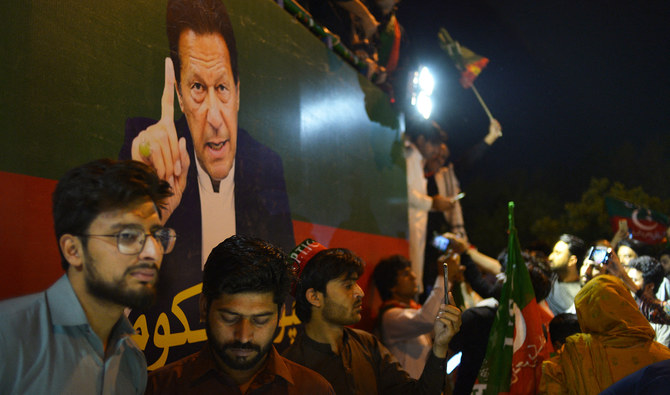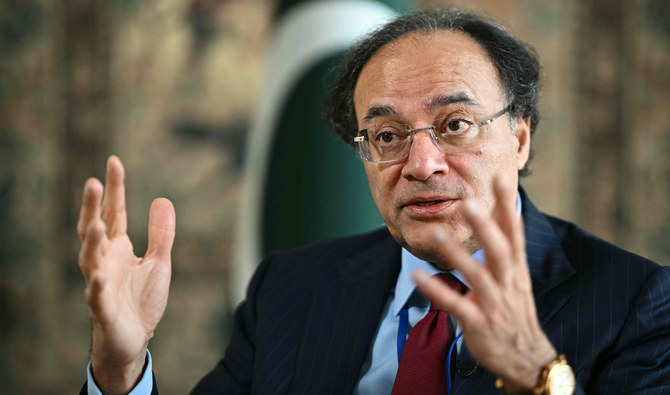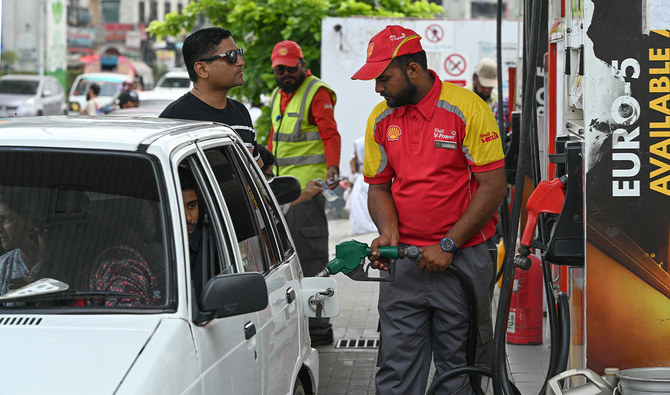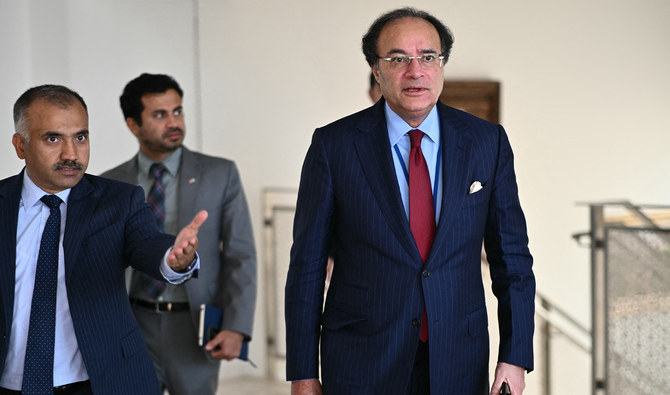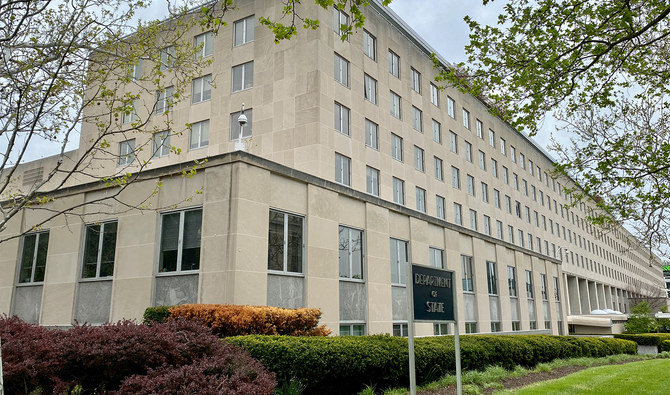ISLAMABAD/KARACHI: A senior member of the social media team of former Pakistani Prime Minister Imran Khan has rejected the team is behind an ongoing online campaign against the army, while the Federal Investigation Agency (FIA) confirmed nine people had been arrested so far on charges of making derogatory remarks against the military in a crackdown that has drawn condemnation from rights activists.
In the weeks leading up to his removal in a no-trust vote last Sunday, Khan had said the campaign by opposition parties to oust him was orchestrated by the United States. Khan and his supporters have variously expressed disappointment that the military and army chief General Qamar Javed Bajwa did not support him against the alleged foreign plot.
In the days since the former PM was ousted, anti-army and judiciary hashtags have remained top trends on social media platforms. One trend calling for Bajwa to step down as army chief amassed millions of tweets and ran for four days straight.
The social media campaign has drawn a sharp response from the army’s top command, with a military spokesperson saying on Thursday “rumors and propaganda campaigns won’t be allowed.”
“An organized, malicious propaganda movement is being run against the armed forces of Pakistan and its leadership,” military spokesman General Babar Iftikhar told reporters. “Constructive criticism is acceptable but conspiring through rumour mongering and [indulging in] baseless character assassination is not acceptable at all.”
The military’s remarks came amid an ongoing crackdown led by the Federal Investigation Agency (FIA), including a raid on the house of Khan's former focal person on digital media, Dr Arslan Khalid. Khan’s Pakistan Tehreek-e-Insaf (PTI) says several other social media activists associated with the PTI have also been arrested in a crackdown it has termed “political victimization.”
A senior FIA official who spoke to Arab News on condition of anonymity shared a copy of a First Information Report (FIR) and confirmed that nine people had so far been arrested as part of the crackdown in Punjab province and six police cases registered.
The cases have been filed under Section 505 of the Pakistan Penal Code (PPC), which deals with the spread of statements, rumours or reports against the armed forces, the FIA official, who is based in Punjab, said.
A second FIA official based in Sindh said no arrests had as yet been made in the southern province but the agency's cyberwing was carrying out “online patrolling” to identify "culprits."
Azhar Mashwani, a top leader of the PTI social media team and a former focal person to the Punjab chief minister on digital media, rejected reports the PTI social media team was behind the online campaign against the military.
“Our party’s support base comprises millions of people, we are not responsible for every word they say on digital media,” Mashwani told Arab News.
When asked whether it was possible for certain hashtags to trend without an organized campaign behind them, Mashwani said the posts were organic: “Our social media team had nothing to do with it,” he repeated.
Dr Ayesha Naveed, a former member of the PTI’s social media team, said she was privy to what she described as the party’s "policy" of using online volunteers to attack political opponents, women journalists and dissident members via targeted campaigns on social media.
Naveed joined Khan’s online team in 2013 but parted ways over three years ago due to what she called "deliberate campaigns to spread propaganda."
Naveed said senior members of the PTI issued directives to social media volunteers on Whatsapp groups, and instructed them on what posts to write and which hashtags to use.
“Do not believe them when they say they have nothing to do with the campaign [to defame the army chief],” she said. “It’s common sense, how else can a trend run for four days organically?”
Naveed has also posted on Twitter about what she says was her experience working with the PTI special media team.
Mashwani and other members of the PTI’s social media team have rejected Naveed’s claims.
Farieha Aziz, a co-founder of the civil rights organization Bolo Bhi, said more clarity was required on what laws were being applied to detain and arrest pro-PTI social media activists.
In 2016, the National Assembly under a previous government approved the Prevention of Electronic Crimes Bill 2015. Khan’s government tried to re-adopt the law with amendments, but the Islamabad High Court (IHC) this month rescinded the Pakistan Electronic Crimes Act (PECA) Amendment Ordinance, which included new regulations to prosecute journalists.
Aziz said after the IHC struck down the controversial ordinance, offenses committed under its controversial section 20 were once again non-cognizable.
In case of non-cognizable offences, a complaint by an aggrieved party is required to be filed with the FIA and a magistrate’s permission needed before the agency could take action, Aziz explained.
“This means that the FIA cannot act on its own and only an aggrieved party can be the complainant,” the activist said. “Legally, nothing in PECA permits FIA action like we are seeing.
“It seems a combination of extra-legal measures along with the Pakistan Penal Code and other laws and powers available under them are being used in the current crackdown,” Aziz added.
“Details as to the FIRs, description of charges, laws used and process followed need to be made available."
Responding to the arrests, Dinushika Dissanayake, Amnesty International’s South Asia Research Director, called on Pakistani authorities to "stop using the draconian Pakistan Electronic Crimes Act to punish people who are simply exercising their right to freedom of expression online."
"For far too long, successive governments have used this law as a tool to crush peaceful dissent and intimidate supporters of political opposition, she said. "Nobody should be arrested merely for expressing their views — whether online or offline."



